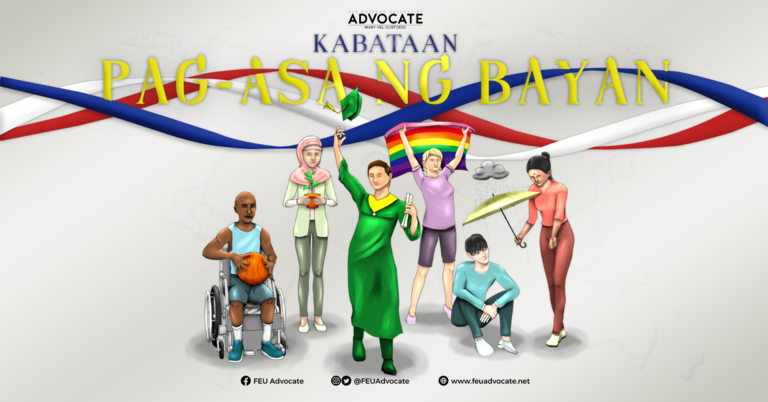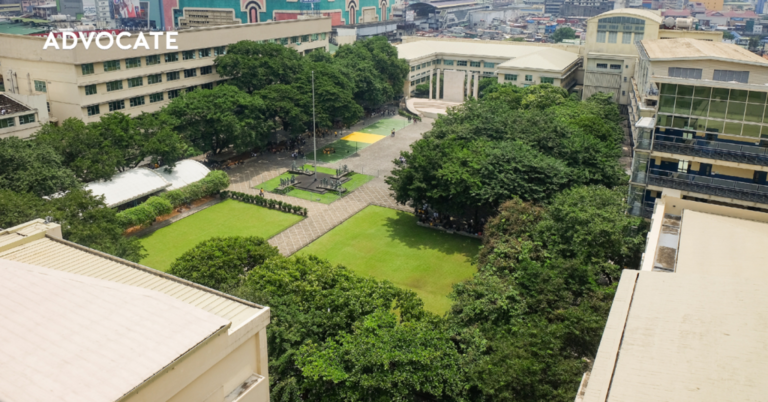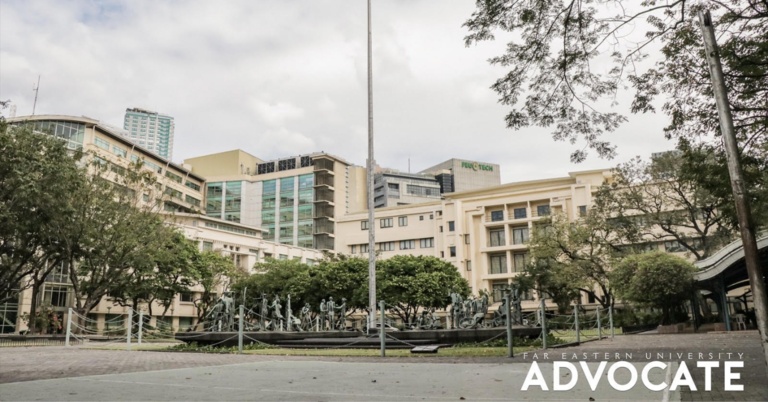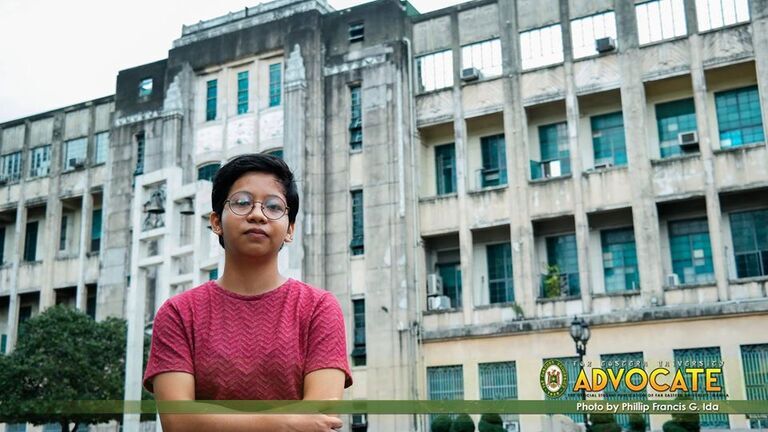
MAKABAGONG KKK: Kaunlaran ng Kababayang Kabataan
- August 25, 2022 07:25
FEU Advocate
April 14, 2021 04:37

Far Eastern University Central Student Organization (FEUCSO) together with Institute Student Councils on Tuesday responded to the administration with recommendations, coming from the collected data of 2021 Tamaraw Situationer Survey.
Prior to the survey, the University turned down the request for an academic break, resulting in mixed reactions from the students.
(READ PREVIOUS REPORT: 'Pillars of strength to others': FEU admin declines students' request for acad break)
Upon consultation with the FEU Faculty Association president Karen Lee Panela, both parties agreed with the following requests: suspension of synchronous assessments, extension of students’ deadlines of submissions for a week and the grade encoding period for faculty members, consistent implementation of the recommended lead time for activities, stronger enforcement of 2.5 hours of workload per week.
‘2021 Tamaraw Situationer Survey’
In accordance with the increasing rates of coronavirus disease 2019 (COVID-19) cases and the extension of enhanced community quarantine (ECQ) within Greater Manila Area, FEUCSO released the survey.
The survey was opened for three days beginning April 10, a day after the University administration rejected the plea, and garnered 3,368 responses.
Comparing the results from ‘Tam Situationer Survey 2’ last December 2020, the number of COVID-19 positive students had risen by 475%.
In line with this, some students were not given consideration regardless of their current situation.
Students have mentioned that ‘they have no choice but to endure and comply’ and ‘...professors have interpreted every student’s inability to submit on set deadlines as an act of irresponsibility, regardless of their circumstance.’
Further, it was revealed that some professors rarely comply with the 2.5-hour workload per week guideline which was stated by the administration in its previous response.
Results also showed that students described that their overall health is ‘deteriorating’, citing experiences of panic attacks, anxiety, stress, and mental instability.
With that, the student governments came up with these additional recommendations: strict enforcement of the different learning modalities, creation of guidelines for COVID-19 affected students, and amplify the role of the Student Concerns Desk.
The letter states that students and faculties are no exception to the adversities during the ECQ, which affects their ability to follow expectations and deadlines.
The release also addressed the justifications of the University over its recent decision, citing several ‘stress factors’ such as; slow internet and lack of gadgets, increasing COVID-19 cases, disenfranchisement, financial problem, and an unconducive environment.
Responding to the University calling the situation a ‘preparation’ for professional life, the letter said “...we believe that it is counterproductive to condition the minds of the students that they have to compromise their health and safety to be admitted in the professional world.”
As stated in the results of the survey, among the notable findings from the survey is that the “...efficiency in learning and accomplishing tasks are not in the optimum state.”
The organization asserted that the decision not to declare an academic break was not ‘well-grounded’ due to the disparity between the perceived effectiveness and the actual implementation of the said guidelines and policies.
FEU admin has yet to release a statement on the recommendations of the said parties.
Ending the two-week strictest quarantine, President Rodrigo Duterte placed ‘NCR Plus’ bubble to modified ECQ for the duration of April 12 to 30.
Among the institutions that decided to suspend synchronous classes amid shift to modified ECQ were Pamantasan ng Lungsod ng Maynila (PLM) until April 30, while FEU-Nicanor Reyes Medical Foundation (FEU-NRMF) declared an academic ease until April 17.
-Antonio Luis Carreon









